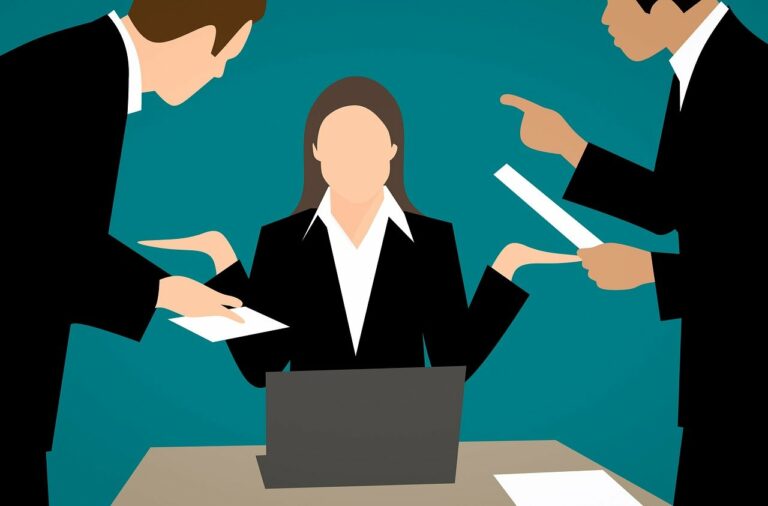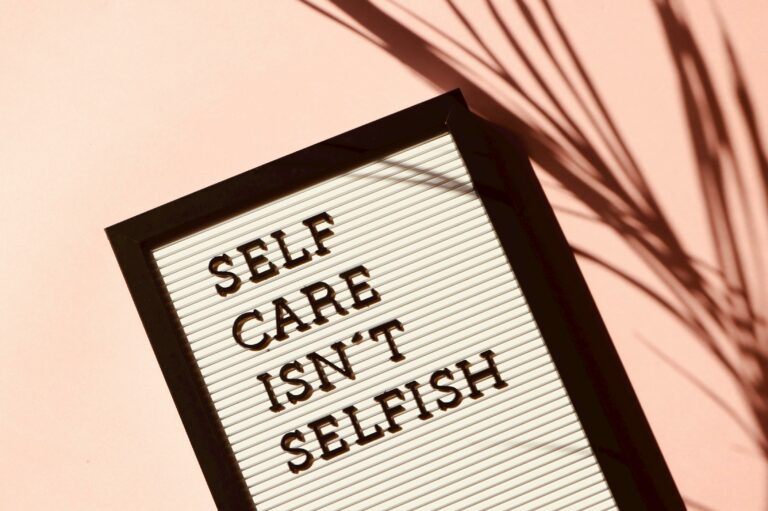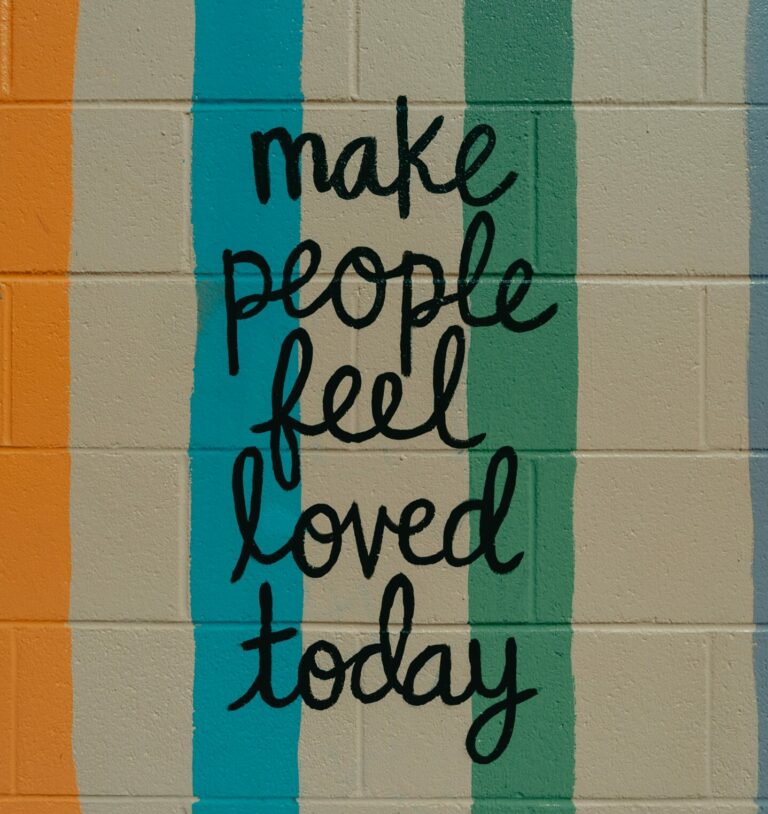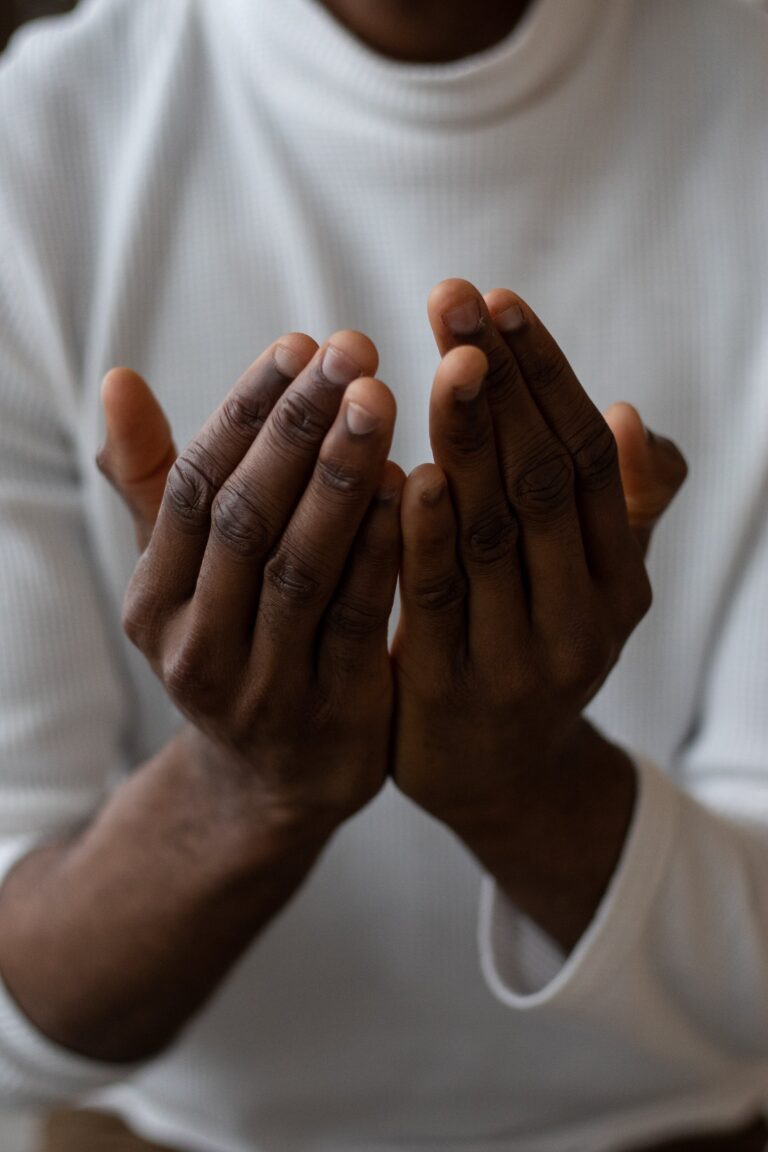Choose an Effective Conflict Style
When navigating conflict in interpersonal relationships, many individuals struggle with determining how to effectively collaborate with the other person to reach shared goals. Sometimes a monumental amount of time and energy can fuel a collaborative process that unfortunately does not result in the goal being met but does succeed in exhausting both individuals. Imagine that … Read more










